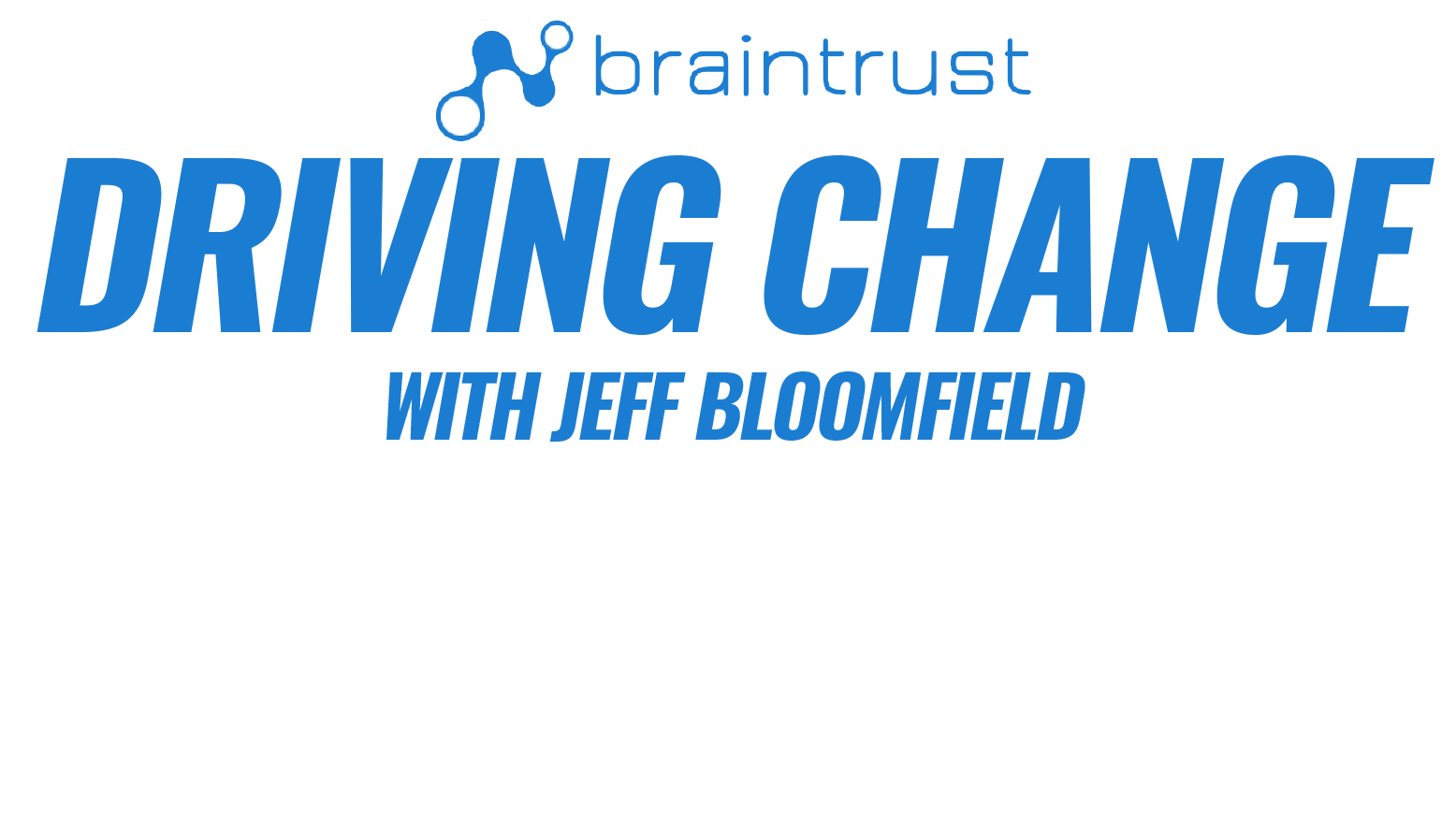The Fundamental Link Between Sleep and Effective Communication
Written by Chad Brines
7 Min Read
Sleep, that seemingly simple act of rest and recovery, holds a profound significance in our lives. It’s not merely a time of bodily rejuvenation; it plays a pivotal role in shaping our cognitive abilities and emotions. One area where the importance of sleep is often overlooked is its relationship to communication. So, let’s explore the vital link between sleep and effective communication, shedding light on how it impacts our ability to connect, understand, and convey our thoughts and feelings.
Sleep and Cognitive Function
To grasp the significance of sleep and its relationship to communication, let’s start by understanding how it influences our cognitive functions. During deep sleep, our brain consolidates memories, processes information, and clears away toxins. This process is critical for maintaining cognitive sharpness, attention, and problem-solving skills during our waking hours. Insufficient amounts of rest, on the other hand, can lead to cognitive impairments, making it difficult to express ideas clearly and engage in meaningful conversations.
Sleep-Deprived Communication Challenges
When we are sleep-deprived, our ability to communicate is compromised in various ways. Below are some of the challenges that can result from a lack of sleep:
- Reduced Concentration: Sleep-deprived individuals often struggle to focus on conversations, making it challenging to absorb and retain information.
- Impaired Memory: Sleep plays a crucial role in memory consolidation. When we don’t get enough rest, our ability to recall information may be hindered.
- Emotional Regulation: Sleep is essential for emotional well-being. Lack of sleep can lead to increased irritability, mood swings, and a reduced capacity to empathize or convey emotions effectively.
- Slurred Speech and Word Finding Difficulty: Fatigue can manifest in physical symptoms like slurred speech and difficulty finding the right words. This can hinder the fluency and clarity of communication, impacting the overall quality of the conversation.
- Reduced Creativity: Sleep fosters creativity and problem-solving abilities. Sleep deprivation may stifle your ability to develop and share innovative ideas or solutions during an internal business discussion or customer meeting.
The Positive Impact of Sleep on Effective Communication
Now that we’ve established how a lack of sleep can negatively impact effective communication, let’s focus on how a good night’s sleep can enhance your ability to communicate effectively:
- Clarity of Thought: Well-rested individuals tend to think more clearly and logically, leading to concise and articulate communication.
- Enhanced Memory: A rested mind has a better grasp of facts, stories, and details, making it easier to recall pertinent information during discussions.
- Emotional Intelligence: Adequate sleep fosters emotional intelligence, allowing individuals to empathize, connect, and convey their feelings more effectively.
- Improved Active Listening: Being well-rested enables individuals to engage in active listening, showing genuine interest in the speaker’s perspective, and responding thoughtfully.
- Conflict Resolution: Effective communication is a cornerstone of conflict resolution. A well-rested mind is better equipped to engage in constructive dialogues and find mutually beneficial solutions.
Conclusion
Sleep is a bedrock of effective communication. It not only influences our cognitive functions but also plays a significant role in emotional intelligence, memory, and problem-solving skills. To be a better communicator, it’s imperative to establish healthy sleep habits and prioritize sleep. A well-rested mind is more capable of engaging in meaningful conversations, understanding others, and expressing thoughts and emotions clearly. So, the next time you find yourself struggling to communicate effectively, consider whether a good night’s sleep might be the key to unlocking your communication potential.
If sleep is a habit you prioritize, and you are looking to improve your communication skills in sales or leadership coaching conversations, contact us at Braintrust to explore how our programs can help you become world-class communicator!




